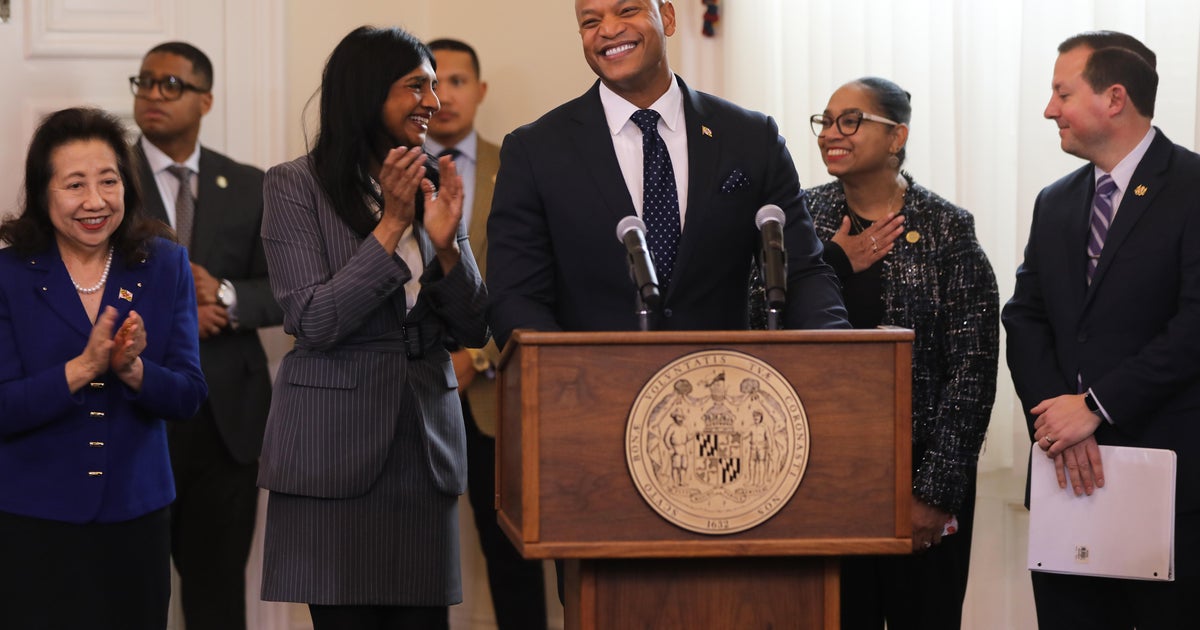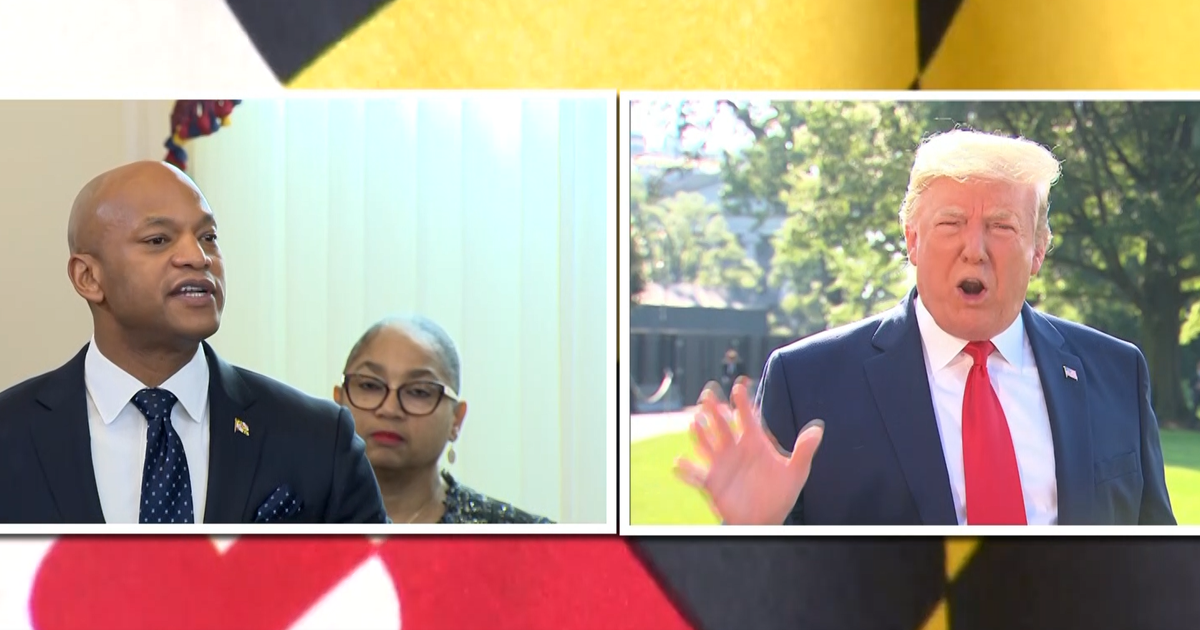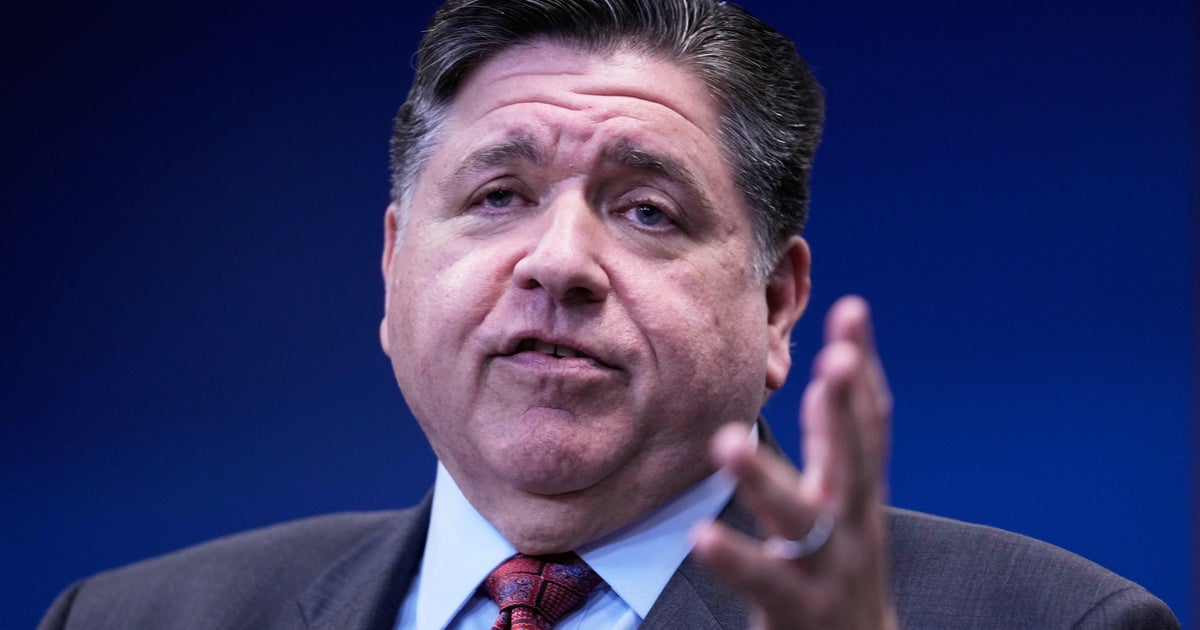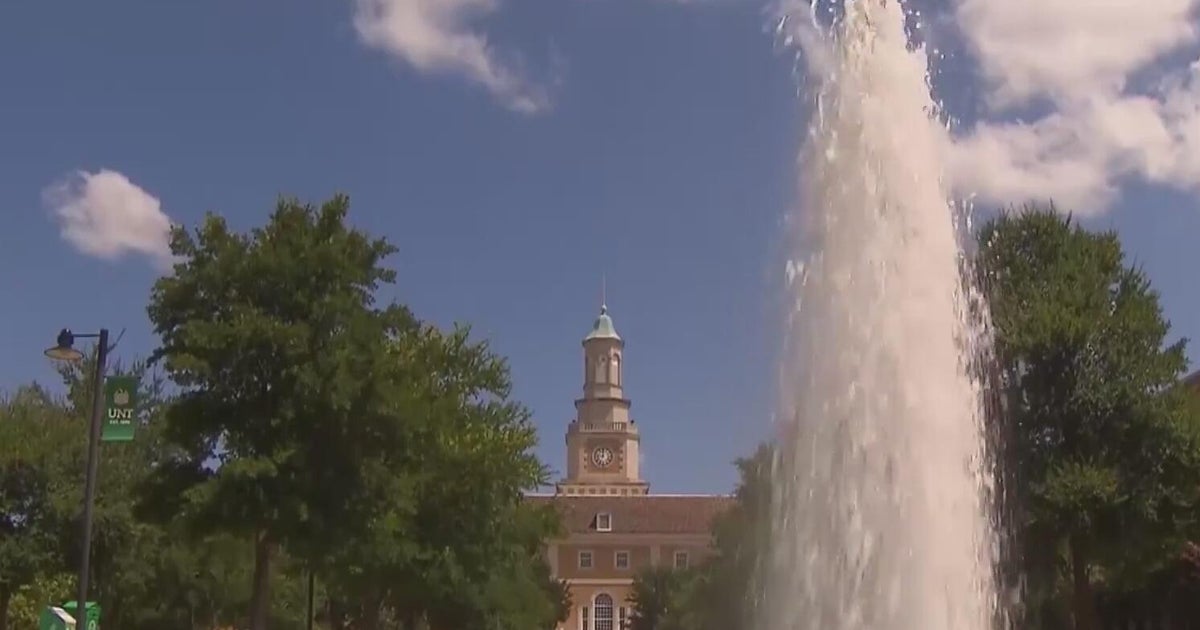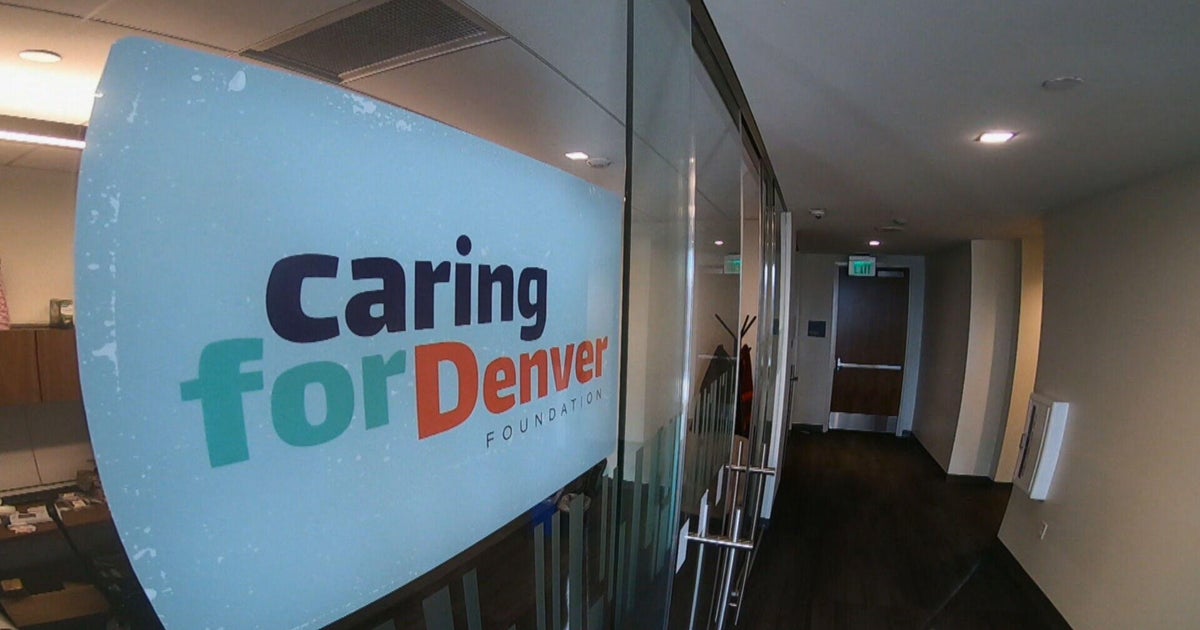Maryland Gov. Moore outlines legislative priorities, 2026 budget proposal as state faces $2.7 billion deficit
BALTIMORE -- Maryland Gov. Wes Moore is proposing that two-thirds of Marylanders will receive a tax cut as the state faces a $2.7 billion budget deficit, its largest in 20 years.
The governor is expected to present his Fiscal Year 2026 budget proposal and the 2025 legislative priorities on Wednesday to the General Assembly.
The Maryland General Assembly's 2025 legislative session got underway on January 8. During this session, the governor said he plans to take an aggressive approach by cutting $2 billion in spending.
Gov. Moore called this the greatest fiscal crisis in the last 20 years and worse than the Great Depression.
On Tuesday, the governor said the state would not raise sales or property taxes for the third year in a row; instead, nearly two-thirds of Marylanders (66%) would get a tax cut. Sixteen percent will see no impact on their taxes, leaving 18% of the state's top earners to dig deeper into their wallets.
Gov. Moore said he plans to focus on government efficiency and bringing new streams of revenue to the state, including new businesses.
"No one across the state of Maryland thinks the tax code we currently have makes any sense, and so we need to have a tax code that makes taxes simpler, fairer, and for the vast majority of Marylanders, lower," Gov. Moore said. "I am proud that we're going to introduce a tax bill, we're going to do a new package that for two-thirds of all Marylanders, they're about to get a tax cut, and there is no increase in sales taxes, no increases in property taxes."
The state is legally required to pass a balanced budget, and the legislature will likely vote on the 83rd day of the session, on April 1, 2025.
The budget was a hot topic during the Jan. 8 meeting. Democrats called it a difficult year and Gov. Moore said he is committed to optimizing spending.
"I inherited a structural deficit when I became the governor because the state was both spending at a clip of what that was not sustainable, and we were growing at a clip that was embarrassing," Gov. Moore said.
A structural deficit occurs when the government is spending more money than it makes in taxes.
The proposed investments include the following:
- $750 million for economic and workforce development, including 128.5 million of targeted business development investments.
- $27.5 million to invest in the "Capital of Quantum" initiative in partnership with IonQ in College Park and the University of Maryland. According to Moore, investing in the quantum computer industry.
- $25 million for the state's "Sunny Day Fund" to attract businesses to the state.
- $15 million to support Tradepoint Atlantic's new terminal development in Sparrow's Point.
- $6 million for the Maryland Manufacturing 4.0 program
- Other investments in cyber, bio, and apprenticeship programs.
Moore also teased ahead to four pieces of proposed legislation he is pushing for this session:
- The Decade Act: Moore says this bill will "sharpen the state's economic development". The bill also repeals programs that haven't returned on the investment so that funds can be reallocated.
- Housing for Jobs Act: Addresses rising housing costs in the state by setting housing production goals when there aren't enough homes to support jobs in one area with the goal of lowering costs.
- The Raise Act: Moore says this bill will create non-college career pathways for trade positions and apprenticeships, which he says have quadrupled since his administration took office.
- Procurement Reform Act: Allow small businesses to access state contracts and prioritize women, minority, and veteran owned Maryland-based companies for state projects.
Did Gov. Moore inherit a deficit?
Maryland's chief executive said Gov. Moore inherited this $2.7 billion deficit caused by overspending and uncertainty as a new administration "threatens to cut funding" in Washington. He said the Trump administration threatens to cut funding and disrupt Maryland's economy.
In 2022, former Governor Larry Hogan and state lawmakers closed out the legislative session with an estimated $2.5 billion budget surplus, which allowed for infrastructure and school upgrades along with tax relief. The state also had about $3 billion - 12% of the state's general fund - in its Rainy Day Fund.
Hogan met with Gov. Moore's administration in December 2022 to share budget recommendations during which time he urged the administration and lawmakers to maintain the surplus.
"With continued inflation and economic uncertainty at the national level, we believe this is critically important, and it would be a mistake for the legislature to use its newly expanded budgetary power to return to the old habits of raiding the Rainy Day Fund or recklessly spending down the surplus," Hogan said at the time.
During the 2022 meeting, Hogan also recommended more than $720 million in spending to expand community policing and behavioral health services, replace an aging hospital on the Eastern Shore and construct a new school and care center.
Maryland went into the 2024 legislative session facing an estimated $761 million structural deficit. At that time, Gov. Moore proposed $3.3 billion in cuts.

